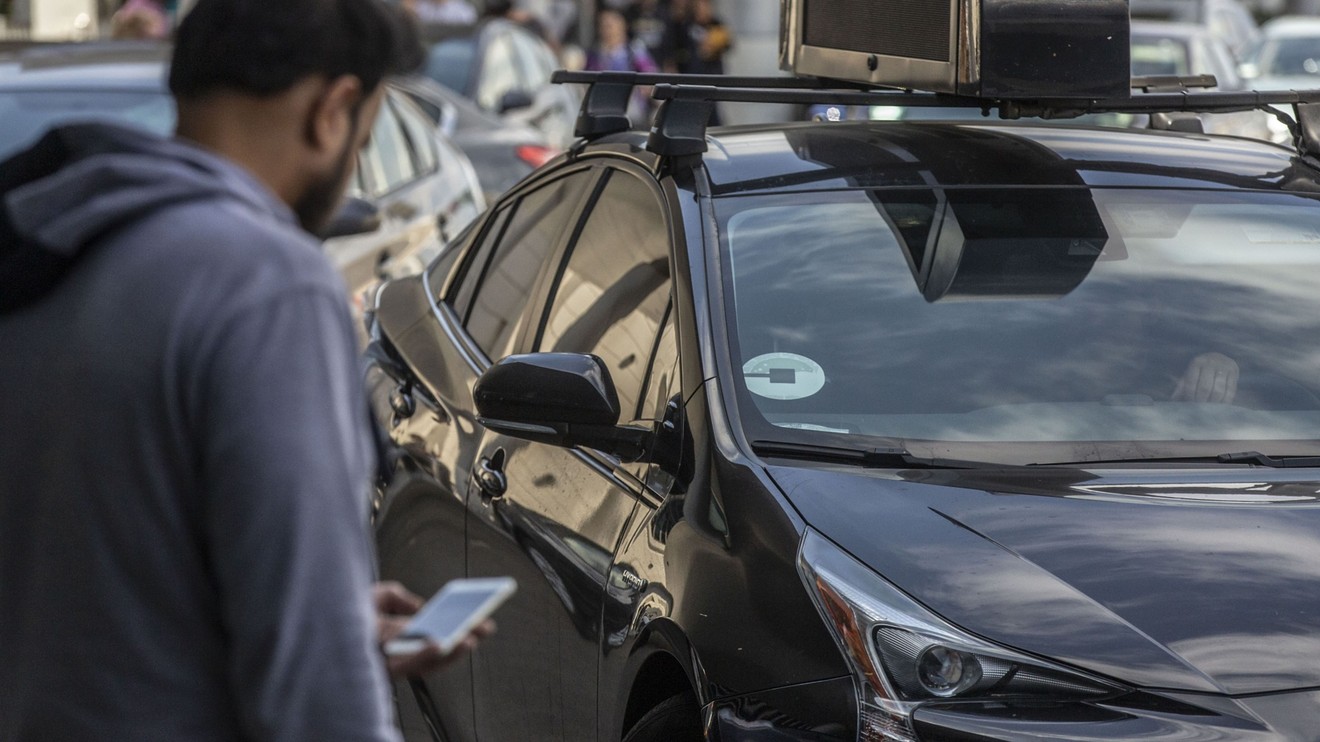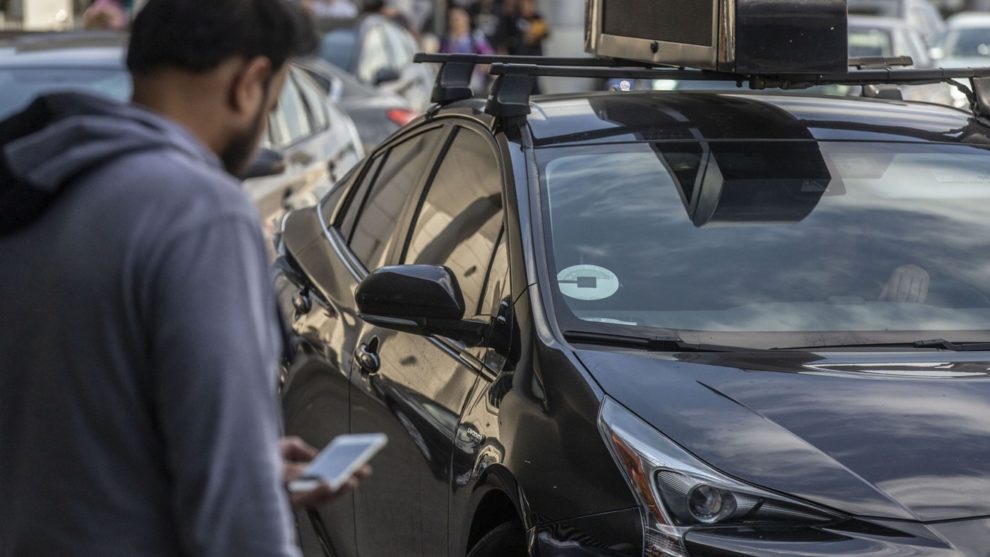
Uber Technologies Inc. rolled out major changes to its service in California on Wednesday — including removing a set, upfront price for some passengers — in response to a new state law seeking to reclassify its drivers as employees.
Uber laid out the changes in emails to customers and drivers, and in a blog post. In the most prominent change, prospective passengers for private UberX rides — the most popular service — will now see only an estimated price range of their requested trip, based on driving time and distance, rather than a set price. Customers using shared rides will still get an upfront price.
Certain rewards for frequent users will also be discontinued, including price protection for routes.
On the other side, Uber drivers will now be able to see a trip’s time, distance, destination and estimated price ahead of time, and they will be able to reject requests without penalty — essentially giving them more freedom to refuse less-profitable trips. Uber will also receive a fixed 25% cut from each UberX ride, rather than a fluctuating rate that some drivers had complained about.
Uber UBER, +3.41% argues it is a tech company, not a transportation company, and that its drivers are independent contractors. Wednesday’s changes are meant to give drivers more choice about which rides they accept, making them appear more independent in the eyes of the law.
It’s unclear if that will work. California state Assemblywoman Lorena Gonzalez, responding earlier this week to a Washington Post report about Uber trying to find ways around the new law that she authored, tweeted that Uber’s response has gone from defiance to legal threats to “Oh, wait, we will change our business model to try to fit AB5.”
California’s AB5 went into effect Jan. 1, and was intended to force gig-economy companies to classify their drivers as employees rather than independent contractors — thus giving them better labor protections and benefits. Uber and delivery service Postmates sued in December, calling the law unconstitutional. Contract truckers and freelance journalists have also sought exemptions from the law, saying it will harm their livelihoods.
Uber’s main rival, Lyft LYFT, +1.88% , has not changed its fare policy and it is unclear if it will do so. A Lyft spokesperson had no comment on Uber’s changes.
Uber did not immediately respond to a request for comment.
div > iframe { width: 100% !important; min-width: 300px; max-width: 800px; } ]]>











Add Comment